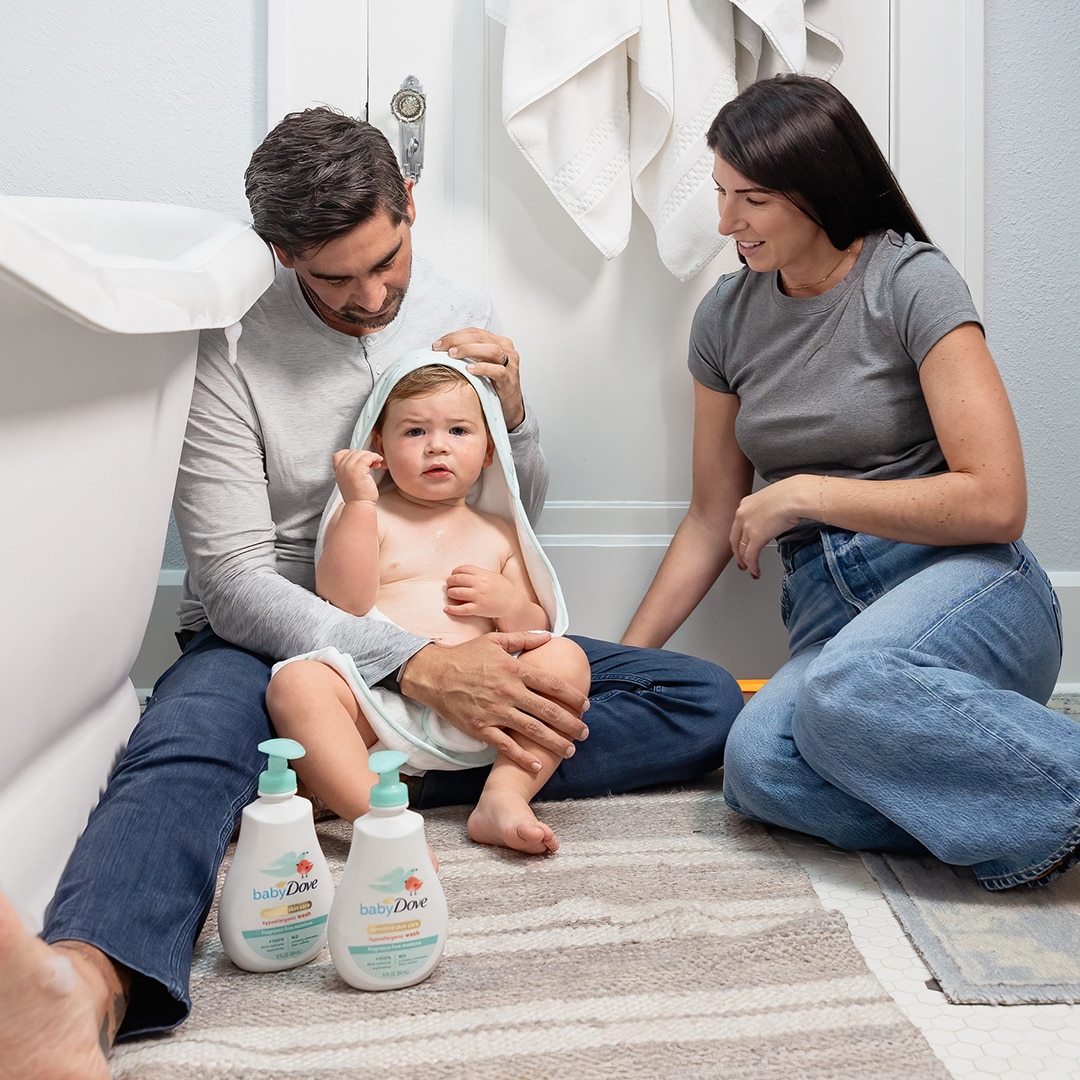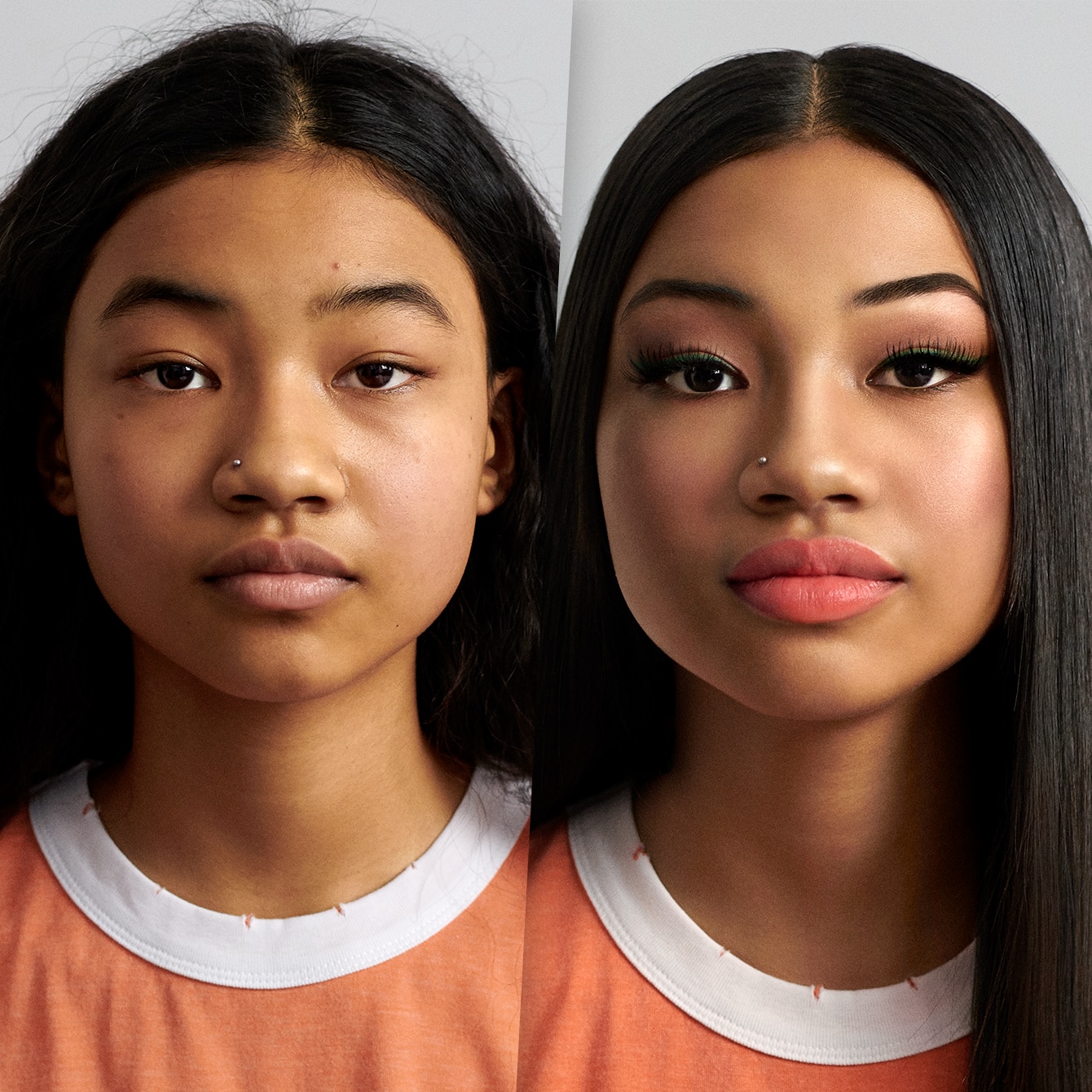It can feel hard to define self-esteem, but it’s a crucial aspect of emotional wellbeing. So what is self-esteem, exactly? Put simply, it’s our overall judgment of our self-worth, and it’s influenced by many factors. Here are some tips you can try to build your self-esteem.
So what does self-esteem mean? According to the Merriam Webster dictionary, it’s “a confidence and satisfaction in oneself”. If we were to define what is self-esteem outside of that, we’d add that it’s about accepting yourself, with all your unique traits and celebrating who you are, rather than comparing yourself with others – which can often lead to negativity. Dove research(PDF)(3.9MB) has found that 80% of girls compare the way they look to other people on social media – and it’s easy to feel that we don’t match up, especially when the images of people we admire are heavily edited, distorted and professionally produced. That’s why we must interrupt our impulse to compare and self-critique, and build in activities that make us feel good.
What is low self-esteem and why does it matter?
Low self-esteem is having a low opinion of yourself. If you want to know what causes low self-esteem, it’s multi-faceted and is shaped throughout our lives. It’s influenced by our beliefs about our skills, abilities, and relationships – and how they stack up against others. It's worth working on, as research shows that people with high self-esteem tend to have higher relationship satisfaction, job success, better physical health, and lower risk of depression.
How self-esteem is shaped in kids
A joint US-Swiss 2021 study that looked at self-esteem in 10 to 16-year-olds found that the most important aspects for parents to hone in on are warmth, showing affection and care, accepting the child as they are, helping and encouraging them and giving them genuine praise. Good monitoring, so being informed about what your child is up to without being intrusive, setting healthy boundaries and protecting them while also supporting their independence is also key.
Make social media more positive
Familiarize yourself with TikTok, Instagram, YouTube, Facebook, Snapchat and Twitch, learn about safety functions, follow the accounts your child is interested in, and sit with them as they scroll. Watch Reverse Selfie on YouTube: it’s a short film by the Dove Self-Esteem Project which exposes the posing, camera angles, lighting, make-up and filters that create the ‘perfect Insta-shot’ and will help your children – and you – to see posts with real clarity. Dove research(PDF) shows that half of girls say toxic beauty advice on social media causes low self-esteem, so help your children identify the accounts that make them feel bad, discuss why that may be, suggest muting it and seeing if they feel better – and if they do, hit unfollow. Also search for accounts of inspirational role models who are admired for sporting achievements, comedy or art – not their looks.
Boost your self-esteem
When you look in the mirror, take your focus to what you like – your eyes, your smile, your curly hair. Whatever it is, celebrate it. Embrace what makes you and your children unique so you and your family value individuality.. Put your energy into your interests and passions, because pursuing something that motivates and inspires you ups self-esteem. Sports and other physical activities are particularly empowering, as they remind us what our bodies can do, rather than what they look like. While mastering any new hobby will involve some missteps, it’s the bouncing back that builds self-esteem.








